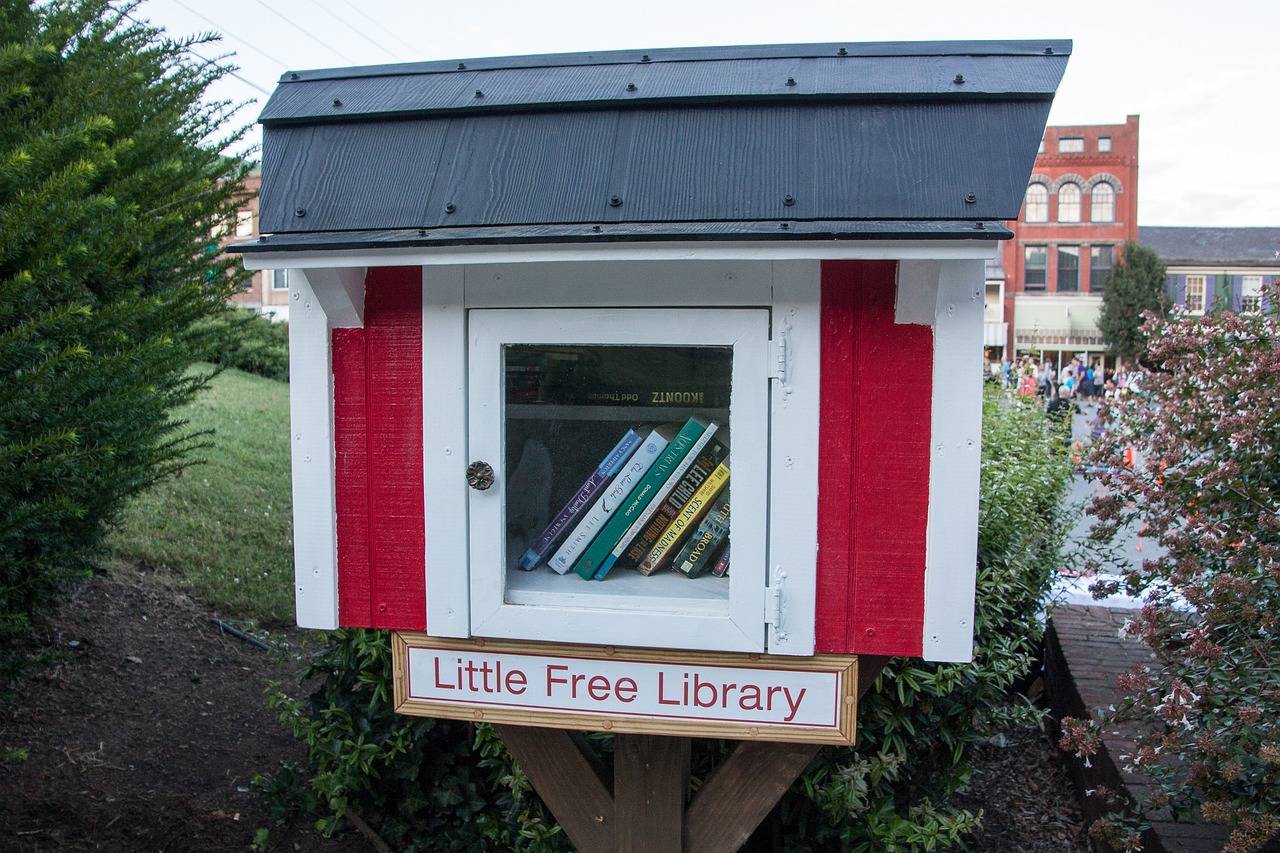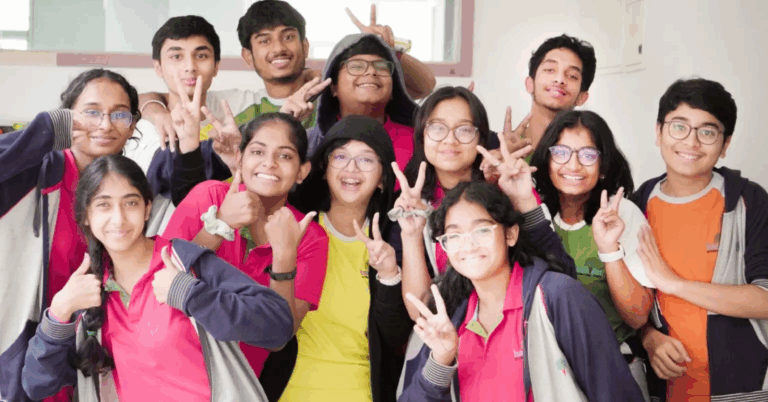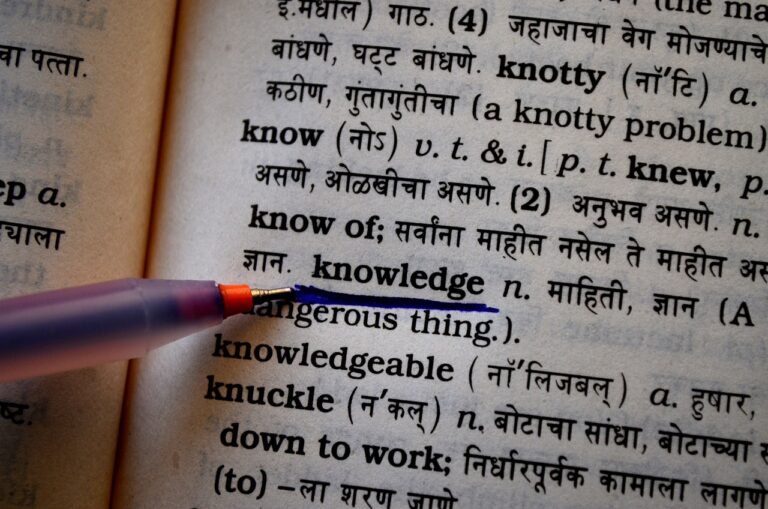Education and Heritage: Preserving Cultural Traditions
One of the cornerstones of any society is its cultural traditions. These inherited practices and customs serve as a shared link to the past, connecting individuals to their ancestors and the history of their community. Cultural traditions are more than just rituals or festivities – they embody the values, beliefs, and norms that shape a group’s identity and provide a sense of belonging and continuity across generations.
By participating in cultural traditions, individuals not only honor their heritage but also contribute to the preservation of their cultural identity. These practices reinforce a sense of community and solidarity among members, fostering mutual respect and understanding. Moreover, cultural traditions often provide a framework for social interaction, helping to maintain social cohesion and promoting a sense of collective responsibility towards one another. In essence, cultural traditions are a testament to the resilience and vitality of a society’s cultural heritage.
Understanding the Importance of Preserving Heritage
Preserving heritage is essential to maintain a connection to our roots and the traditions that have been passed down through generations. It serves as a reminder of where we come from, helping us to understand our identity and the values that have shaped us as a society. By safeguarding cultural practices and beliefs, we ensure that they are not lost to time and remain a source of inspiration for future generations.
Heritage preservation also plays a crucial role in fostering a sense of unity and belonging within communities. When we actively work to conserve our cultural heritage, we create a shared sense of pride and belonging that can strengthen social bonds and promote mutual understanding. Additionally, heritage preservation contributes to the diversity and richness of our society, showcasing the unique practices and customs that make each culture distinct and valuable.
Challenges in Maintaining Cultural Practices
Preserving cultural practices requires a delicate balance between honoring tradition and adapting to changing landscapes. One of the key challenges that societies face today is the encroachment of globalization, which can often dilute or even erase unique cultural practices. With the increasing influence of Western values and norms, many traditional customs and rituals are at risk of being overshadowed or forgotten.
Furthermore, economic pressures and modernization can pose significant obstacles to the continuation of cultural traditions. As communities face the need to adapt to new industries and technologies, the time and resources dedicated to upholding cultural practices may diminish. This can lead to a disconnect between generations, where younger members may not fully understand or appreciate the significance of their cultural heritage.






